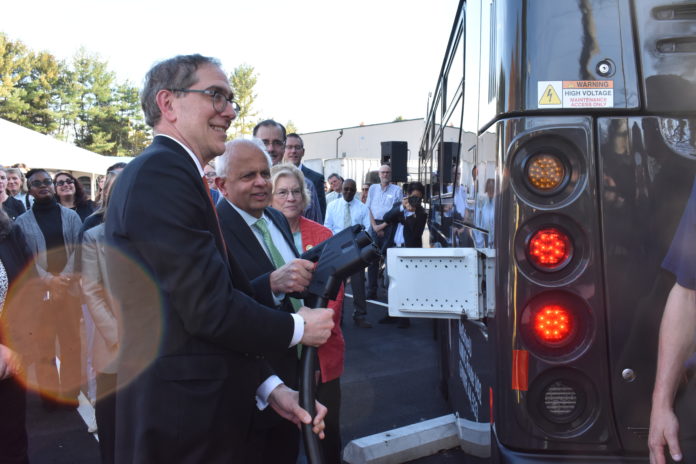
Princeton University President Christopher Eisgruber’s annual state of the university letter remarked that the university was “stronger than ever” and addressed recent attacks on higher education.
In his annual letter published on Jan. 18, he called on faculty, students and staff to be ambassadors for the university and higher education.
“During the past year, we have seen increasingly virulent threats to academic freedom and institutional autonomy, two core principles that have made America’s universities the envy of the world,” he wrote.
Eisgruber noted that antagonism toward higher education has been intense over the last three months.
“In the days immediately after Oct. 7, 2023, some students and faculty members on some campuses made awful statements excusing or endorsing Hamas’ brutal and indefensible terrorist attacks on Israeli civilians,” he added. “The public outrage was understandable and intense.”
Eisgruber explained in the turbulent weeks that followed universities were accused of tolerating or promoting antisemitism, and Jewish students reported feeling unsafe and Pro-Palestinian students and faculty were doxxed for expressing views deemed antisemitic.
“The campus climate at Princeton has been healthier than at many of our peers,” he wrote, crediting faculty, staff and students for civil communication, support and complying with the university’s policies.
“Antisemitism is an ugly and vicious form of hatred that has produced horrific suffering and injustice throughout history. It is always unacceptable. So too are anti-Arab and Islamophobic hatred, which get less attention from the public or Congress even though they are as deplorable as antisemitism and also rising rapidly.”
Eisgruber stressed that some people have seized upon public outrage about antisemitism as a “stalking horse for other agendas, such as attacks upon the efforts that the university and others make to ensure that colleges and universities are places where students, faculty, researchers, and staff from all backgrounds can thrive.”
“We must speak up for what we do and for our extraordinary institutions, which are so valuable to learning, to research, and to the future of our nation and the world,” Eisgruber added.
Eisgruber spotlighted several improvements and achievements made in the last two years such as increasing graduate fellowship and stipend rates to about $40,000 for doctoral candidates; postdoctoral scholars receiving a minimum of $65,000 annually in full-time salary; establishing an artificial intelligence (AI) hub in partnership with the state; and the university enhancing its financial aid program.
Under the changes to the financial aid program, most families with income under $100,000 will qualify for grant aid to cover full tuition, room, board, books and personal expenses, which is increased from the university’s previous $65,000 annual income level.
According to the university, about 1,500 Princeton undergraduates are expected to receive this level of aid.
Regarding AI, the university along with Gov. Phil Murphy in December 2023 announced a partnership to create and develop an artificial intelligence hub in the Central Jersey for the advancement and exploration of AI.
The new regional hub would not only include companies, industry leaders and startups, but other New Jersey education institutions such as Rutgers University and community colleges to further drive collaboration and research.
For President Christopher Eisgruber’s full state of the University letter visit www.princeton.edu.
